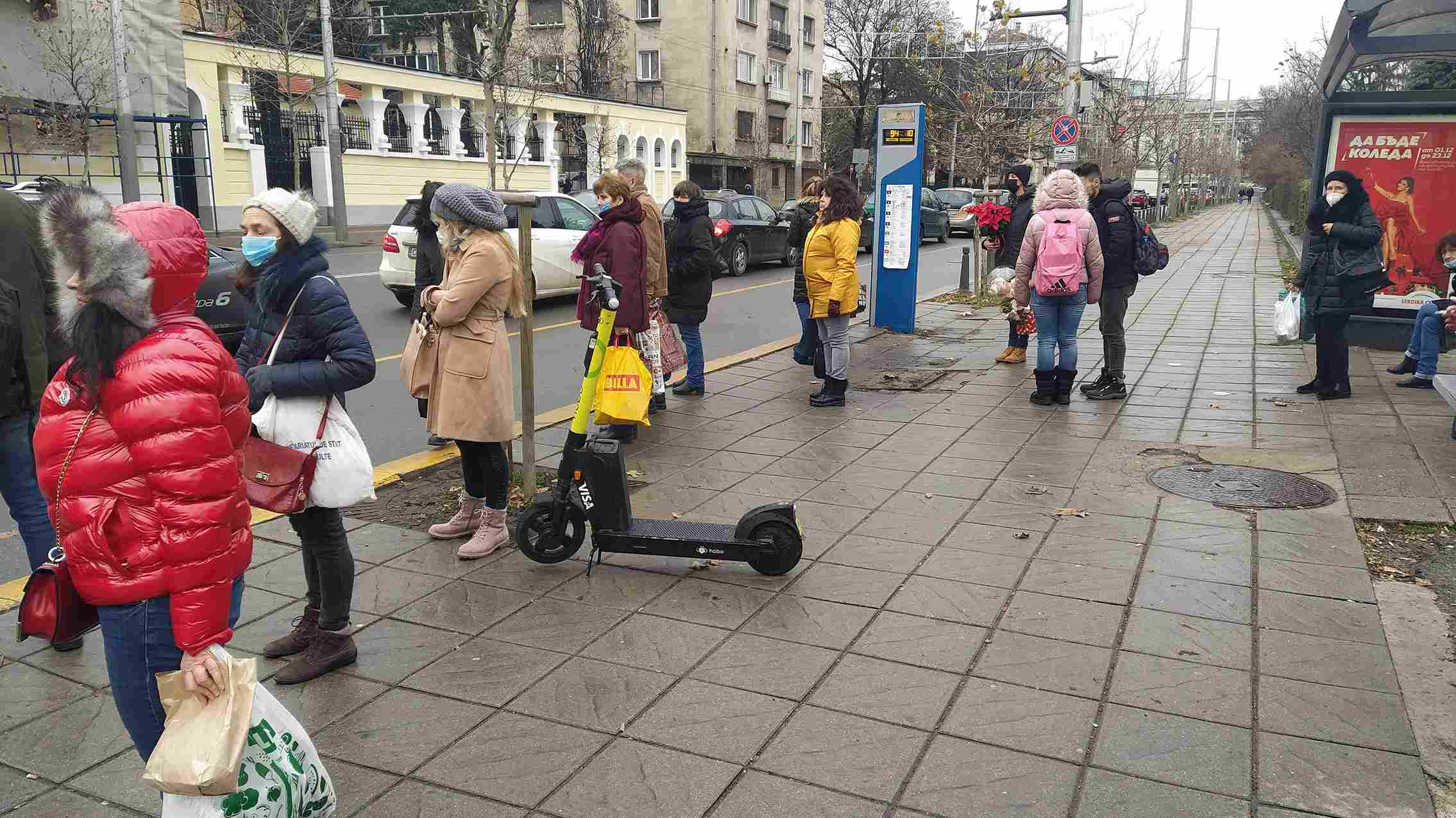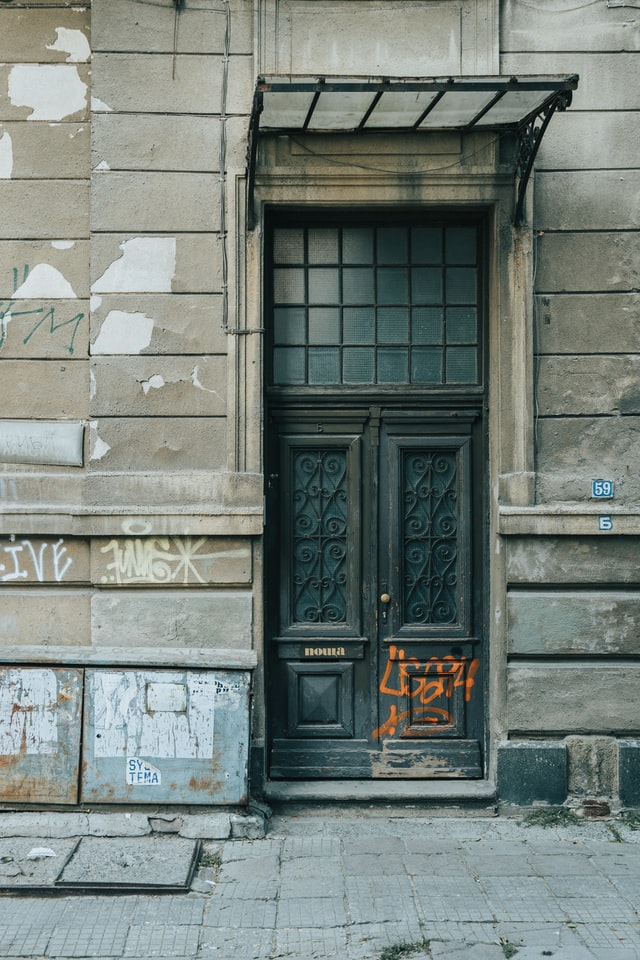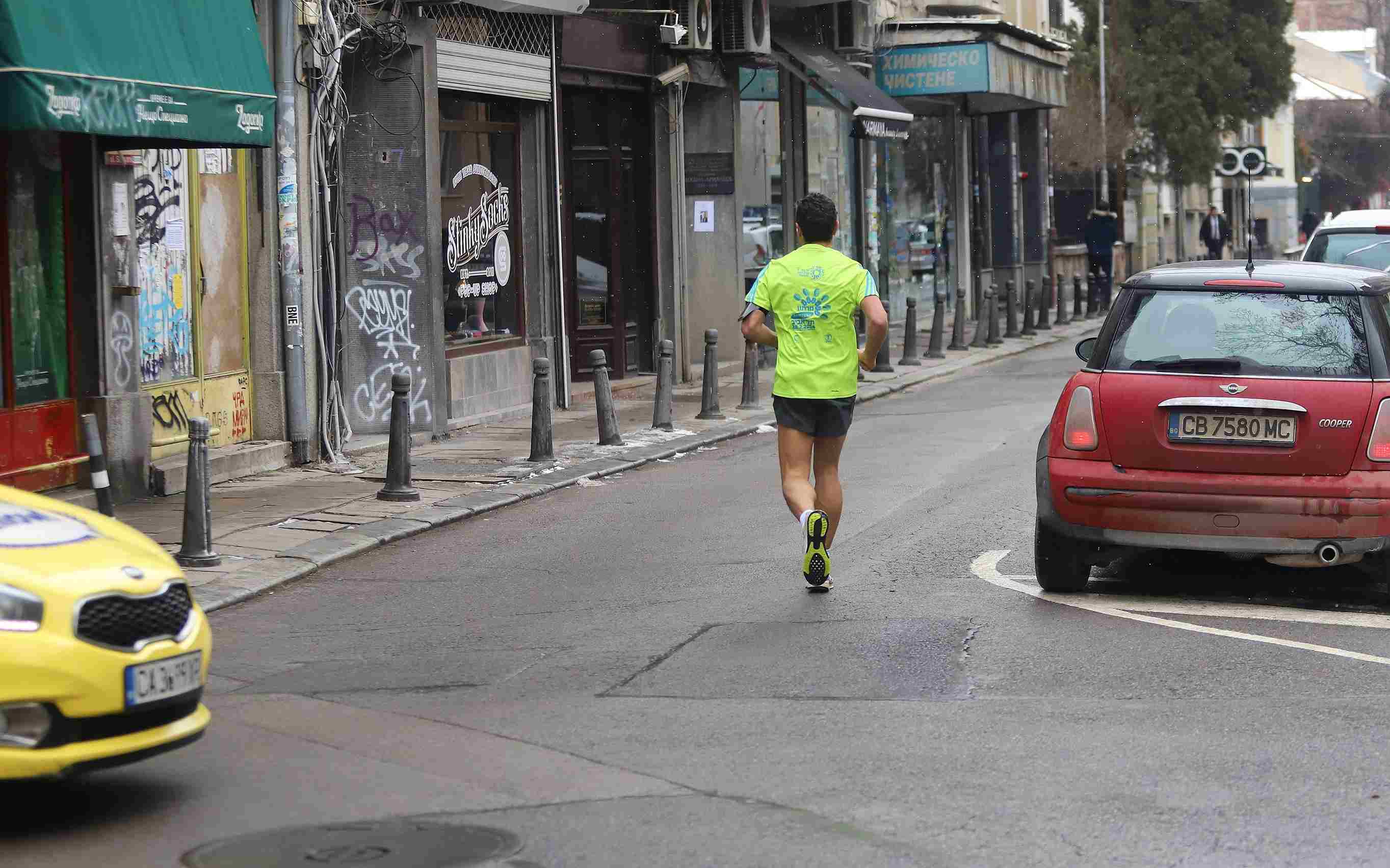Thessaloniki gets ready for its metro launch in November
The underground rapid transit lines have been under construction for almost two decades due to various project delays
 TheMayor.EU logo
TheMayor.EU logo Despite wide support, critics of the bill point out that it lacks clear criteria for which sidewalks will take priority, as well as a clear policy for quality control
Today, local authorities in Sofia announced a new massive investment of 60 million euros into the city’s sidewalk infrastructure. The funding will be directed to all 24 sub-municipalities in the city and will cover approximately 690 thousand square metres of sidewalks.
Around a sixth of the bill will be funded by the municipal budget and the rest should come from a loan by the European Investment Bank.
The programme was passed in the local council with more than a two-thirds majority with the three biggest parties all throwing their support behind it. This includes GERB, the party of Mayor Yordanka Fandakova, as well as the main opposition in the face of the Bulgarian Socialist Party and the liberal Democratic Bulgaria.
 Many sidewalks in the city are in desperate need of repair,
Many sidewalks in the city are in desperate need of repair,
Source: Krasimir Svrakov, Brand Media Bulgaria
A lot of the sidewalks in Sofia’s neighbourhoods have been neglected for years, some rocking asphalt and pavement from the 1980s when Bulgaria was still ruled by a Communist dictatorship. Gas, sewage and internet infrastructure expansion, as well as overgrown tree roots, over the past 30 years have done little to solve the issue, as sidewalks have become a patchwork of quick fixes from different eras.
In fact, the issue became so contentious that it was a major talking point during the last municipal elections, with various candidates proposing schemes to renovate the Bulgarian capital’s sidewalks. And this is what this programme promises to do.
 Some sidewalks have not been redone since the 1980s
Some sidewalks have not been redone since the 1980s
New pavement, ramps for parents with buggies and people with disabilities, as well as tactile surfaces for the blind. Furthermore, supposedly that funding will not be concentrated in a few affluent areas, instead - reaching all the city’s districts.
Despite the widespread support, the programme is not without its critics. One of the loudest voices against it is the independent activist and City Councillor Boris Bonev. Bonev went to social media to explain his position, saying that the bill lacks a detailed list of streets that will undergo renovations or criteria on how they will be picked out.
Furthermore, he said that the municipality lacks standards for quality sidewalks and this is a problem because of their shaky track record with previous projects.
 Usually, pedestrians have to navigate a crosscut, cable-ridden, shaky and uneven surface - a sidewalk only by name,
Usually, pedestrians have to navigate a crosscut, cable-ridden, shaky and uneven surface - a sidewalk only by name,
Source: Krassimir Svrakov, Brand Media Bulgaria
The chairman of the Local Council, Georgi Georgiev, explained that quality control is a big concern for these development funds and this is why the city council will distribute an additional 360,000 euros to the sub-municipalities so that they can hire experts to oversee the projects.
Additionally, the specific locations of redevelopment will be chosen by the sub-municipalities, with priority going to those that support more people. This concrete decision will be made based on the registered citizen’s address.
Furthermore, every three months, Mayor Fandakova will report on the progress of the initiative.

The underground rapid transit lines have been under construction for almost two decades due to various project delays

Now you can get your wine in Talence by paying directly in Bitcoin

That’s because the state has to spend money on updating the railway infrastructure rather than subsidizing the cost of the popular pass

Rethinking renewable energy sources for the urban landscape

The examples, compiled by Beyond Fossil Fuels, can inform and inspire communities and entrepreneurs that still feel trepidation at the prospect of energy transition

Now you can get your wine in Talence by paying directly in Bitcoin

The 10th European Conference on Sustainable Cities and Towns (ESCT) sets the stage for stronger cooperation between the EU, national and local level to fast track Europe's transition to climate neutrality.

At least, that’s the promise made by the mayor of Paris, Anne Hidalgo

The underground rapid transit lines have been under construction for almost two decades due to various project delays

At least, that’s the promise made by the mayor of Paris, Anne Hidalgo

Hostal de Pinós is located in the geographical centre of the autonomous region

Despite its church-y name, the district has long been known as the hangout spot for the artsy crowds

Urban dwellers across the EU are having a say in making their surroundings friendlier to people and the environment.

Forests in the EU can help green the European construction industry and bolster a continent-wide push for architectural improvements.

Apply by 10 November and do your part for the transformation of European public spaces

An interview with the Mayor of a Polish city that seeks to reinvent itself

An interview with the newly elected ICLEI President and Mayor of Malmö

A conversation with the Mayor of Lisbon about the spirit and dimensions of innovation present in the Portuguese capital














